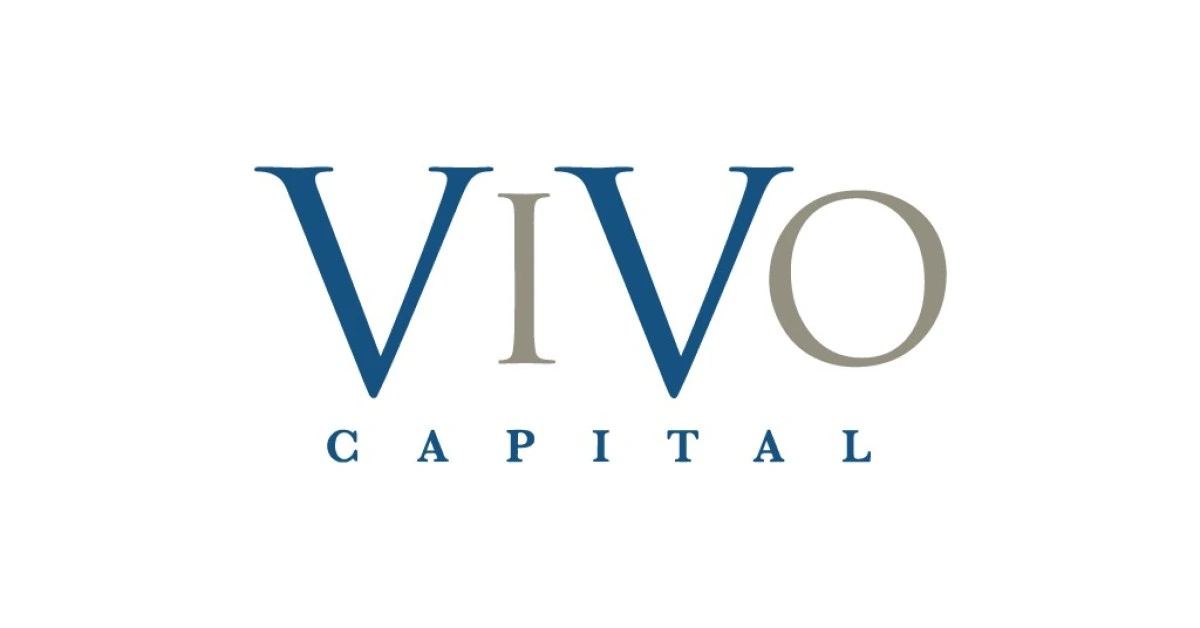
USA – Vivo Capital has raised US $740 million to support early-stage biotech and life science companies, marking a bold move during a slowdown in venture capital funding for the sector.
The money will be used in the latest cycle of the Vivo Opportunity Fund, an evergreen investment vehicle that operates in three-year rounds.
Unlike traditional fixed-term funds, evergreen structures allow for recurring investment periods, offering flexibility and long-term support.
This marks the third cycle of the fund, and it will continue Vivo’s strategy of backing small- and mid-sized biotech firms, particularly those with promising preclinical and clinical-stage assets.
The firm aims to invest in companies that are approaching key breakthroughs or clinical milestones, which could significantly increase their value.
Vivo Capital, a US-based venture firm with US $5.3 billion in regulatory assets under management, has invested in more than 430 companies globally since its founding in 1996.
Its Opportunity Fund has already played a role in bringing several therapies to market.
For instance, Verona Pharmaceuticals received FDA approval in June 2024 for Ohtuvayre (ensifentrine), a treatment for chronic obstructive pulmonary disease (COPD) with a novel mechanism and fewer side effects.
Other companies supported by Vivo, including Geron Corporation, Avadel Pharmaceuticals, and Soleno Therapeutics, have also achieved FDA approvals in recent years.
Additionally, several of Vivo’s portfolio companies have been acquired by major pharmaceutical firms.
These include RayzeBio, bought by Bristol Myers Squibb for $4.1 billion, Chinook Therapeutics acquired by Novartis for US $3.2 billion, and Sierra Oncology snapped up by GSK for US $1.9 billion.
Despite current economic headwinds, Vivo Capital remains committed to healthcare innovation.
“We’re focused on finding the best opportunities across the entire healthcare spectrum,” said Managing Director Kevin Dai.
Fellow Managing Director Dr. Gaurav Aggarwal added that Vivo’s nearly 30-year track record proves its ability to weather market cycles while supporting transformative science.
This funding comes at a time when biotech startups are facing tighter capital markets. A GlobalData report shows that venture investment in biopharma fell by over 20% in the first quarter of 2025 compared to the same period in 2024.
Investors are increasingly cautious, prioritizing later-stage companies with clinical data and a clearer path to market.
XRP HEALTHCARE L.L.C | License Number: 2312867.01 | Dubai | © Copyright 2025 | All Rights Reserved